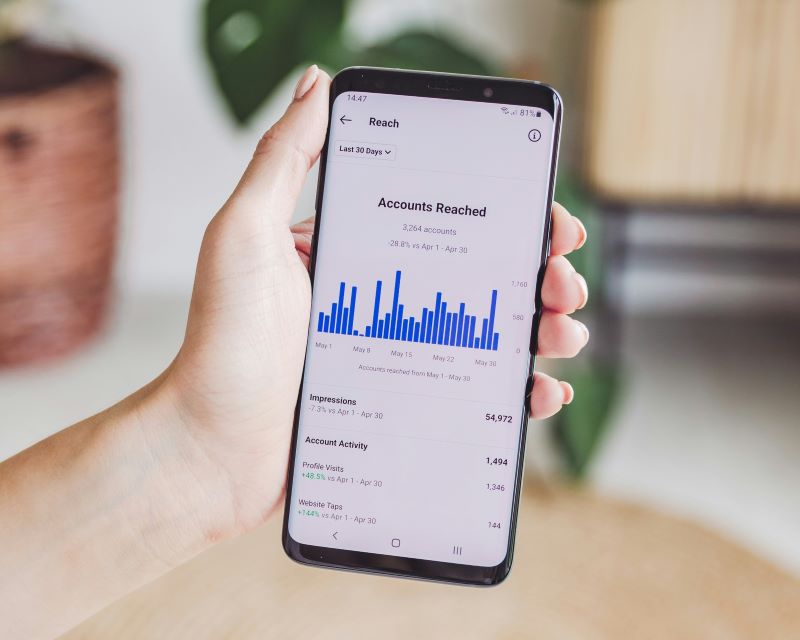Intentional content – focusing on being helpful

By now you are likely to know about Google’s Helpful Content update to the algorithm that helps rank websites in search results – it happened over 18 months ago. But, if you weren’t aware and that timing corresponds to when you noticed your business’s website ranking slip, then you need to pay particular attention to this article.
You can learn more about the update via the link above, but in a nutshell it is all about making websites easier for real humans to use. Useful websites provide relevant, helpful information that is easy to digest.
So that means if you have articles on your website that Google’s bots deem to be unrelated to the nature of your business or lack internal links and other signals that help Google easily give people information about your website, then your ranking will suffer.
Why do search results rankings matter? As we have mentioned in previous articles, the higher up the search results, the more likely your business will be found by people who need your products and/or services.
What are the hallmarks of ‘useful content’?
- Written for real humans, by real humans in an engaging way. That doesn’t mean you can’t use Chat GPT or equivalents, however you really need to be editing it heavily to ensure it doesn’t lose a personal touch. Chat GPT is great for generating ideas, for giving basic article structure, however the language used usually doesn’t follow best practice copywriting practices; including the best perspective or point of view for narrative (which is often second person, where “you” takes centre stage).
- Up to date information. You know those websites that have annual lists like “50 best places to dine in Auckland in 2024”? It is best if the 2023 list can be removed/replaced because there is a chance that could be seen as unhelpful content because it is out of date. It is good to include a substantial amount of ‘evergreen’ content in your marketing calendar – this means it can stick around for a long time and not lose its relevance.
- Relevant. Mentioned above, the relevance of your website content is a big factor in the helpfulness to humans. This not only includes the words you choose for your web pages that visitors see, but also for those behind the scene in the descriptions that show up on search results pages via meta data. Are you ensuring your descriptions accurately describe what a visitor will find on the web page? Because Google frowns upon a bait and switch scenario and it will be transmitted via high bounce rates.
- Accessible. Not only do you need to make sure your website can be used on a range of devices without the experience being negatively impacted, you need to cater for screen readers that blind and visually impaired users rely on to read out loud the content on your website. This technology uses the alt text fields on your images to translate images into text for the user. If these fields are left blank, Google would consider that unhelpful.
- Intelligent and tells a good story. Providing enough detail in the right kind of format is a big part of intelligent content. If content only scrapes the surface of a topic without providing any practical takeaways for visitors, then it is likely to fall into the “usless content basket”. Think about what types of content you appreciate – how to’s, product reviews or educational stuff. Check out this Think with Google guide to engaging story telling to get a sense of how attributes like emotion are needed in good story telling.
In conclusion…
If you ask yourself “Will my audience feel satisfied after reading my content?” and you answer “yes”, then that’s a fantastic start and they are likely to feel thankful. Follow the other tips outlined above and you should absolutely be on the right track for Google viewing your content as highly helpful.
If you need help planning your marketing content in a very intentional way, get in touch.

About Andie Johnson
Andie is the owner of Flex Marketing. Flex Marketing helps businesses grow by allowing them to have the help of senior marketing resource without needing to employ a full time marketing manager. How flexible! Outsourced marketing services take care of implementation for a range of marketing activities to allow business owners to focus on what they do best. Once a business has grown to needing to an in-house marketing person, as a marketing consultant Andie is able to continue adding value through strategic services and even mentoring junior marketers. Flex Marketing has been helping businesses since 2011 and is based in Auckland, New Zealand.

